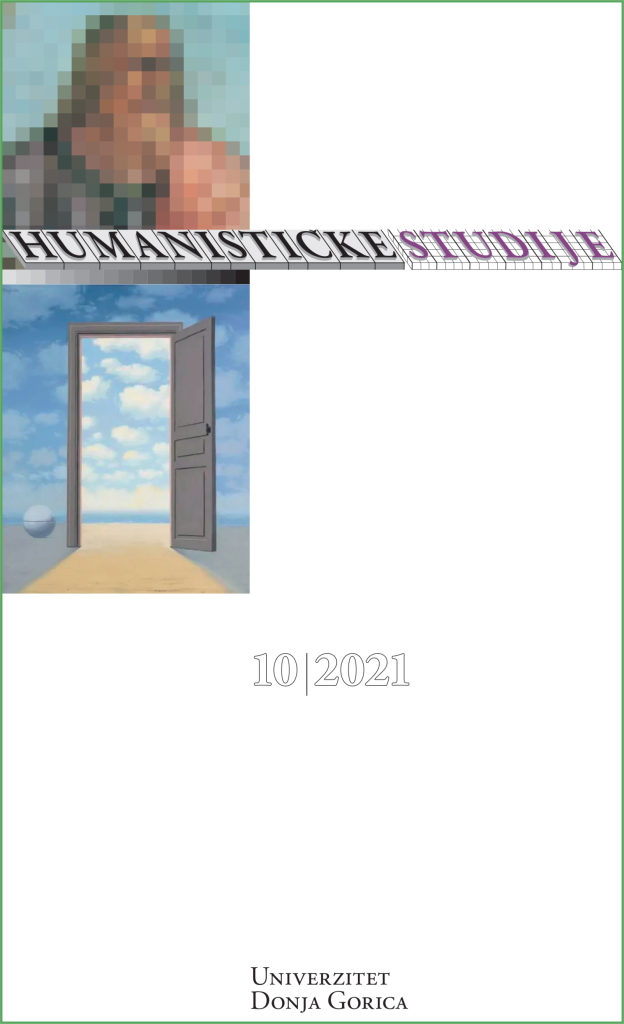Politika proširenja Evropske unije u vrijeme kriza
EU Enlargement Policy During the Crises
Author(s): Danica RadifkovićSubject(s): Local History / Microhistory, EU-Approach / EU-Accession / EU-Development, EU-Legislation, Geopolitics
Published by: Univerzitet Donja Gorica
Keywords: European Union; enlargement policy; Brexit; Western Balkans
Summary/Abstract: This paper will explain the consequences of the development of the European Union’s enlargement policy at the time of the United Kingdom’s exit from the EU. During its development, the European Union has faced numerous crises, from institutional, identity, financial, and economic, to disagreements between the old and new member states, growing populism, strengthening right-wing parties, to the withdrawal of one of the most important member states. When the policy of enlargement towards the Western Balkans was in a phase of stagnation and could be considered a victim of Brexit, the European Union revised the methodology of its enlargement, which was an indicator that even during its deepest crisis, this region is on its foreign policy agenda. The new methodology adopted in February 2020 is more complex and demanding than before but also offers many more opportunities for countries. Therefore future enlargement depends not only on the European Union but also on the results achieved by the Western Balkans countries. The paper concludes that a new wave of enlargement is almost impossible until the European Union harmonizes joint action towards the Western Balkans, but also until the countries of this region show more visible and concrete results in the negotiation process.
Journal: Humanističke studije
- Issue Year: 2021
- Issue No: 10
- Page Range: 161-174
- Page Count: 14
- Language: Montenegrine

